CLUED-O Project
Who are the project partners?
Presentation of the partners
The consortium brings together 10 partners with complementary expertise, including research centers (Materia Nova, CRIBC) ; higher education and research institutions (Centrale Lille, UMons, ULCO, ULille, UGent), an SME (Techlink) and specialists in networking and socio-economic models
(Polénergie ans Team2). It can also rely on three associated partners: cluster TWEED, VITO NV and WaterstofNet.
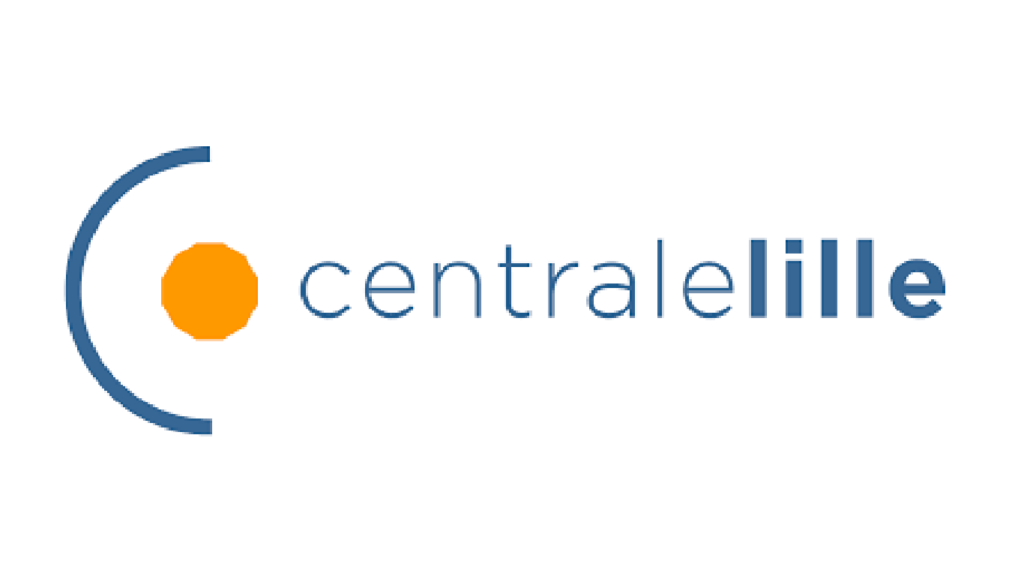
Centrale Lille Institut is a public higher education and research institution that trains top-level engineers and researchers. It comprises four schools (Ecole Centrale de Lille, Ecole Nationale Supérieure de Chimie de Lille, IG2I and ITEEM), offers 14 masters courses, 7 of which are taught entirely in English, and awards doctorates. It counts 7 joint research laboratories. In the CLUED-O project, researchers from the l’Unité de Catalyse et Chimie du Solide (UMR CNRS 8181) bring their expertise in the field of oxide ion conductors, which are the core of solid oxide cells, and those from Unité Matériaux et Transformation (UMR CNRS 8207) their skills in the field of corrosion and mechanical properties.
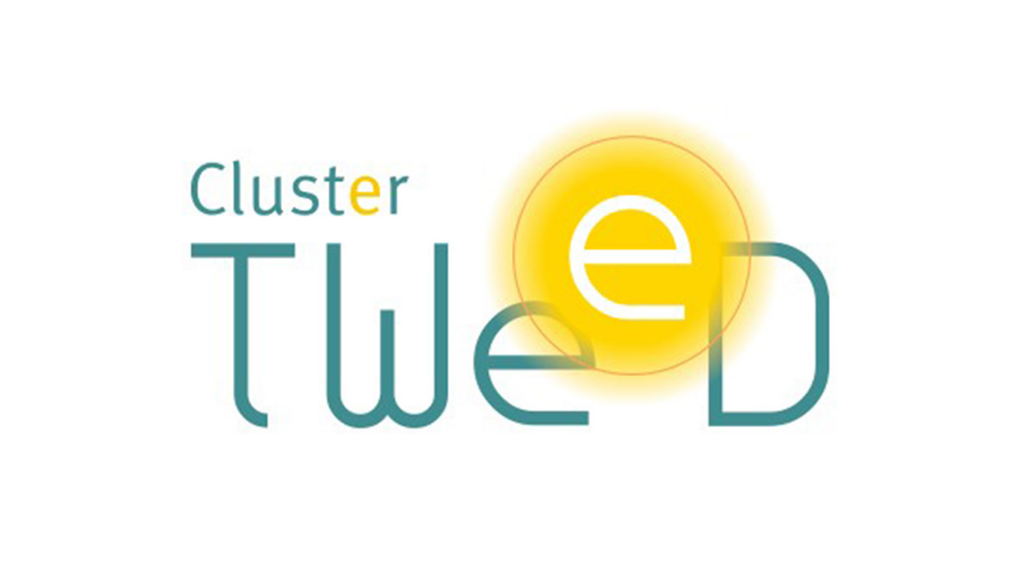
The TWEED Cluster, a key player in Wallonia, brings together over 200 companies active in sustainable energy. Working closely with WaterstofNet on the energy transition, TWEED plays a strategic role in renewable energy, energy communities, and the circular economy. Although external to the CLUED-O project, TWEED will support the deployment of results in collaboration with cross-border partners and actively participate in dissemination events.
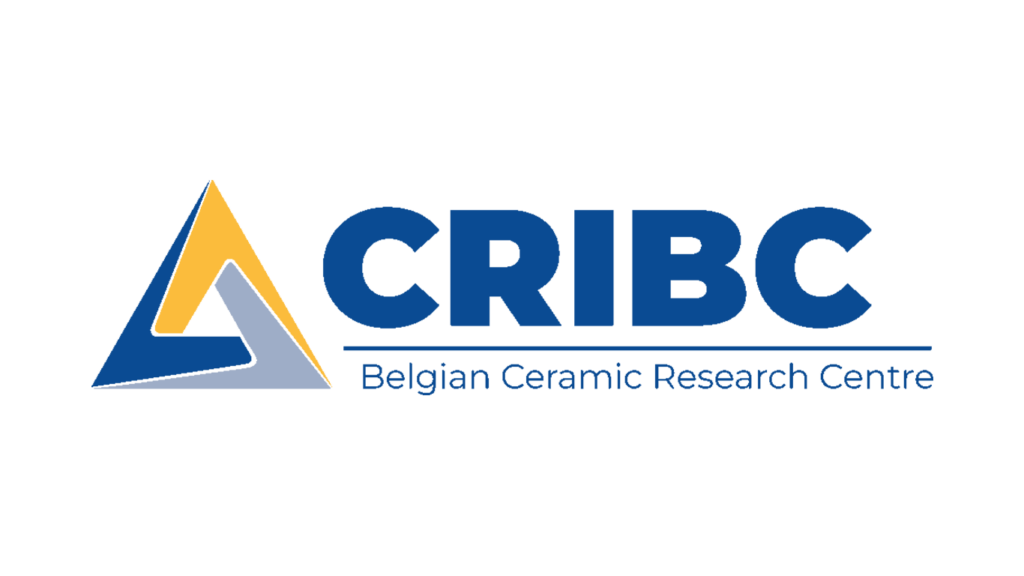
The CRIBC (Research Centre for the Belgian Ceramic Industry) is a collective research organization renowned for its expertise in ceramic materials and processes. Its mission is to support the ceramic and glass industries in Belgium. Its infrastructure includes facilities for ceramic layer deposition (inkjet, airbrush, screen printing, dip-coating, tape-casting), a digital manufacturing platform (additive and hybrid processes), a laser processing platform (machining, texturing, consolidation), a platform for densification processes, and a full set of materials characterization equipments (physicochemical, electrical, mechanical, and tribological). Research at CRIBC is structured around five thematic areas, including novel and traditional materials, natural substances, digital manufacturing technologies, innovative sintering techniques, environment and circular economy, energy, and health
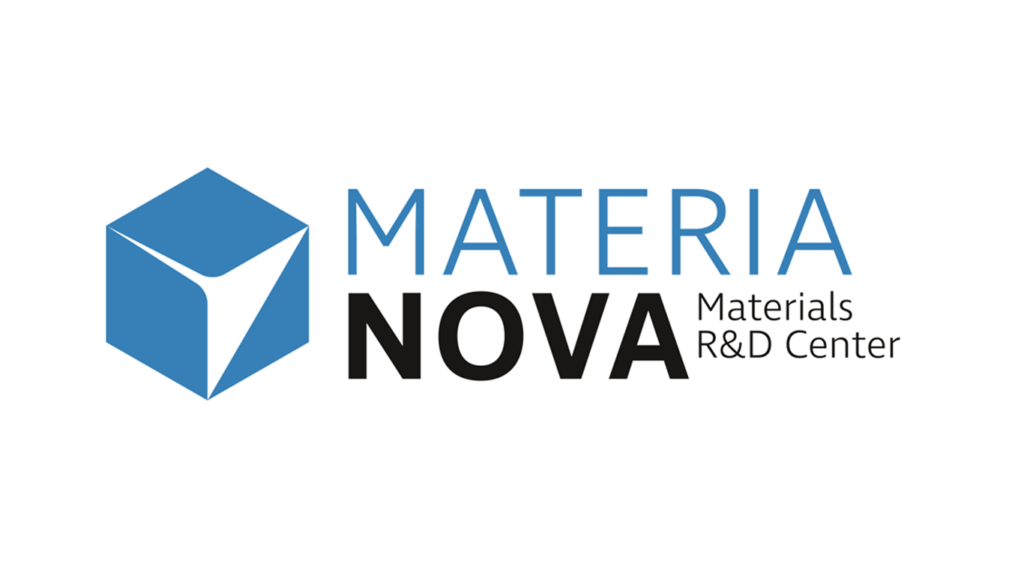
Materia Nova is a technological accelerator of responsible innovations, actively contributing to the development of solutions to address societal challenges, particularly those related to the energy transition and the deployment of the circular economy. Its areas of expertise include “advanced materials,” multifunctional surfaces, and processes with a reduced environmental footprint. Materia Nova’s approach is based on open and collaborative innovation, structured around five interconnected services: custom product development, engineering and industrialization, analysis and characterization, life cycle thinking, and project setup and management.
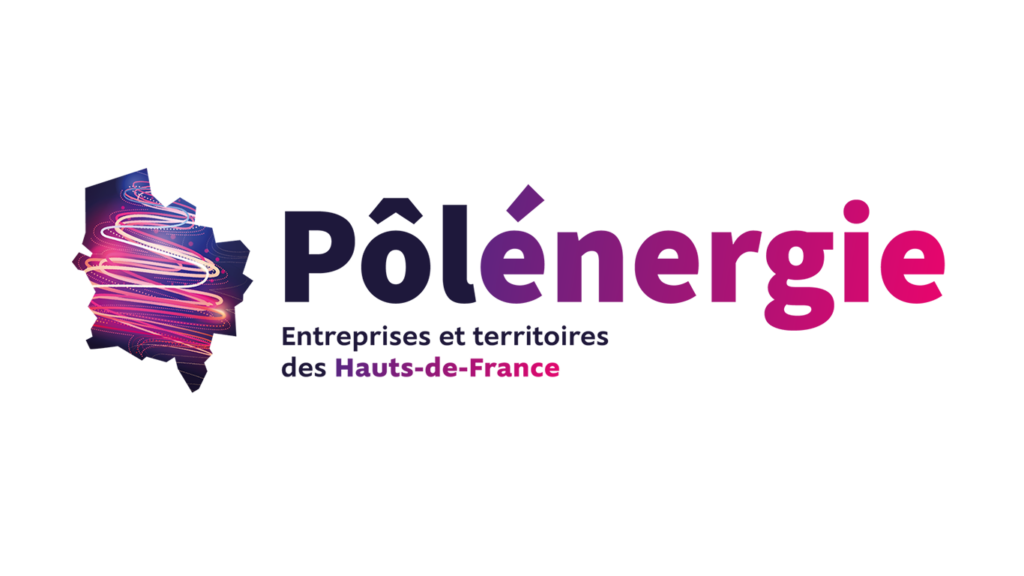
Pôlénergie contributes to the attractiveness of the Hauts-de-France region, turning energy transition and decarbonization into economic opportunities for local businesses and communities. It supports energy sectors, producers, infrastructure managers, and users, whether public or private.
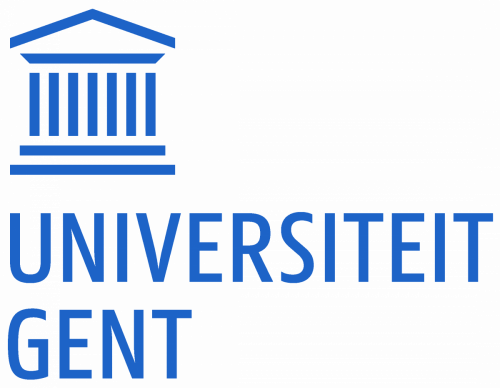
Offering 200 study programs, Ghent University (UGent) is the largest educational institution in Ghent. The university also performs well internationally: according to the Shanghai ranking, UGent is among the top 100 international universities, with the Faculty of Veterinary Medicine being the best in the world for years.
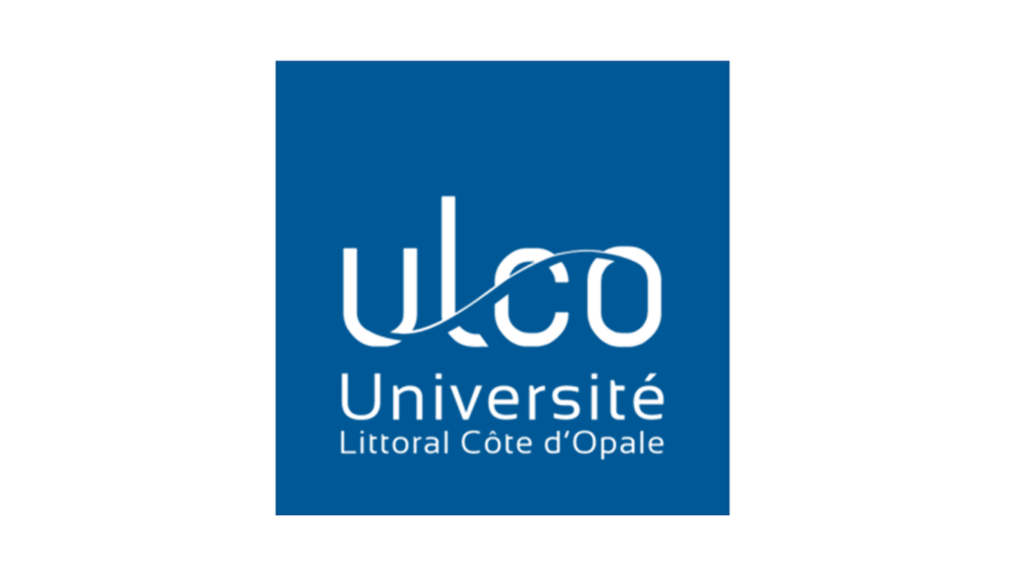
The University of Littoral-Côte-d’Opale (ULCO) is a French public university located in the Hauts-de-France region. With campuses in Dunkirk, Calais, Boulogne-sur-Mer, and Saint-Omer, ULCO offers its approximately 10,000 students a unique learning experience rooted in a multicultural and dynamic environment. This multi-campus structure also strengthens ties between the university and its territory, thereby contributing to the socio-economic development of the region. ULCO offers over 100 programs across four major disciplinary fields, including 13 Bachelor’s degree programs, 16 professional Bachelor’s degrees, and 27 Master’s degrees in the following areas: Humanities and Social Sciences; Arts, Literature, and Languages; Law, Economics, and Management; and Sciences and Technologies – Health/STAPS. Its research activities are organized around three research hubs (“Institute of Marine and Coastal Sciences,” “Sciences, Technologies, and Health,” and “Integrated Humanities and Territories”), coordinating 14 laboratories. Researchers from the MOFA team within the UDSMM laboratory, participating in the Clued-O project, are based at the Calais CGU. These researchers contribute to the project with their expertise in metal-supported fuel cell technology (MS-SOFC), as well as their knowledge and skills in developing and depositing innovative and high-performance electrodes for “All-Oxide” fuel cells.
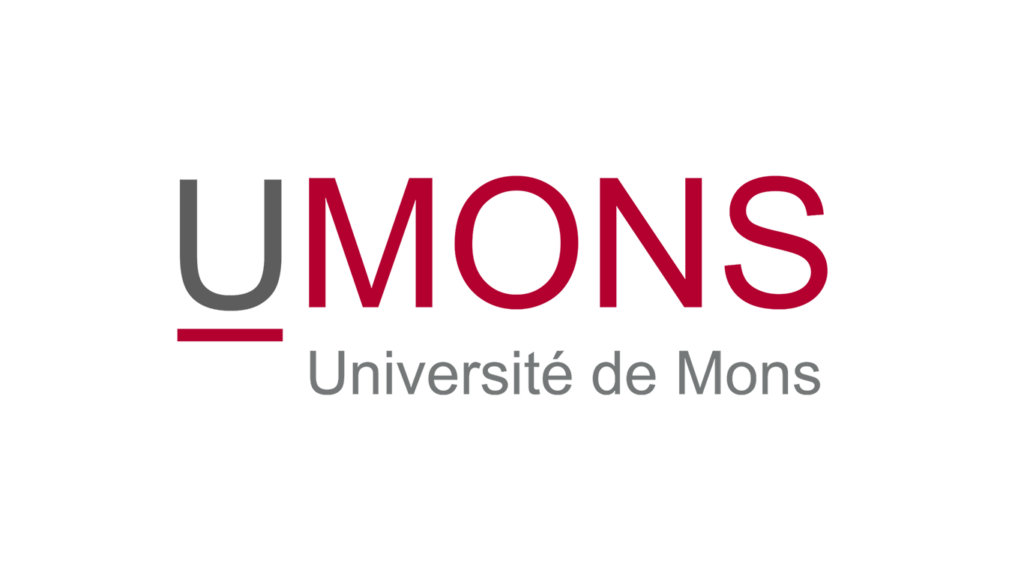
The University of Mons (UMONS) is a Belgian higher education institution established in 2009 following the merger of the University of Mons-Hainaut and the Polytechnic Faculty of Mons. It comprises seven faculties and three schools, offering around a hundred programs ranging from bachelor’s to doctoral degrees. Located primarily in the historic center of Mons, it also has a campus in Charleroi. UMONS is distinguished by its human dimension and its commitment to the quality of education, research, and regional development. As an institution with an international focus, it actively participates in exchange programs such as Erasmus+ and plays a central role in the Hainuyère Hub, which brings together higher education institutions in the region.

The University of Lille is an experimental public institution (EPE) composed, in addition to the faculties of the University of Lille, of the Institute of Political Studies of Lille (SciencesPo Lille), the Higher School of Journalism of Lille (ESJ Lille), the National School of Architecture and Landscape of Lille (ENSAPL), and the National School of Arts and Textile Industries (ENSAIT) as component institutions. The whole covers a vast field of education divided into six main areas: arts, literature, languages; law, economics, management; health; science and technology; human and social sciences; sport. With nearly 80,000 students (including 10,000 international students of 150 different nationalities), it is one of the largest French-speaking universities.
The U-Lille researchers, from the UCCS laboratory (Unité de Catalyse et Chimie du Solide, UMR CNRS 8181), involved in the CLUED-O project are attached to the Faculty of Science and Technology (FST) on the Villeneuve d’ASCQ campus. The latter welcomes more than 8,600 students and includes 26 research structures backed by 6 technological platforms. These researchers bring to the project their expertise in electron microscopy thanks to access to the advanced characterization platform of the Cheuvreul Institute as well as their know-how on the use of molten salts envisaged as reaction media for the recycling of systems.
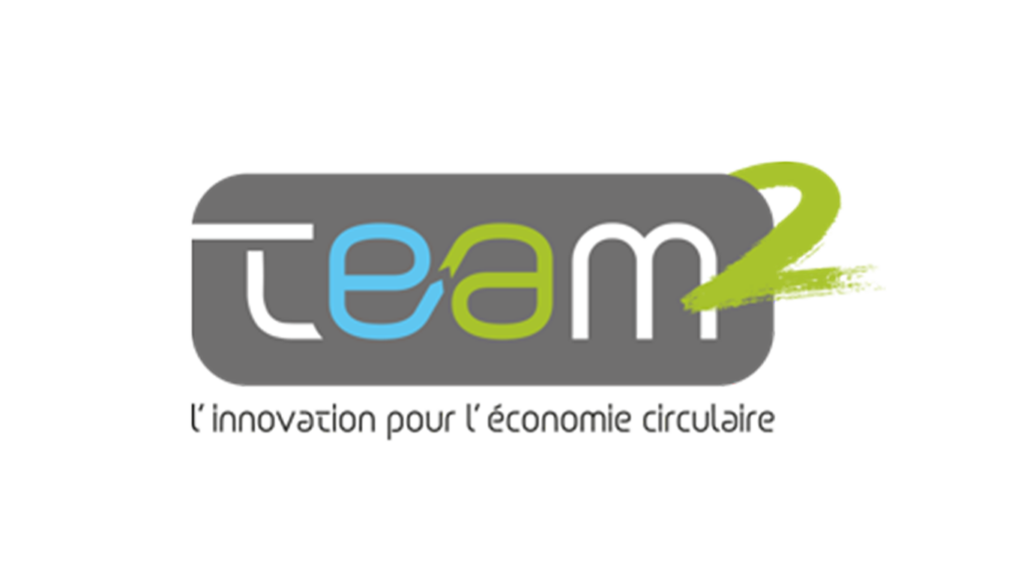
TEAM2 is the only competitiveness cluster entirely dedicated to innovation for implementing the principles of the circular economy to accelerate the ecological transition and limit our environmental impact. Its strategy is based on three pillars: supporting the transformation of our economic models, new consumption patterns, and fostering social cohesion, increasing the efficiency of resource use (metals, organic, and mineral) through reuse, reconditioning, and recycling, and developing innovative circular economy loops and demonstrators in territories to measure the environmental, economic, and societal impacts of deploying circular economy principles.

Founded in 1997, Techlink Associated International Engineers is a designer and manufacturer of systems and components for industries that use corrosive and hazardous chemical products. With its innovative solutions in flow control, filtration, and instrumentation, Techlink serves industries where quality and reliability are essential for the safety of people and the environment. Techlink has invested in research on the production of chemical precursors for lithium battery manufacturing and is exploring several avenues of development in energy storage.
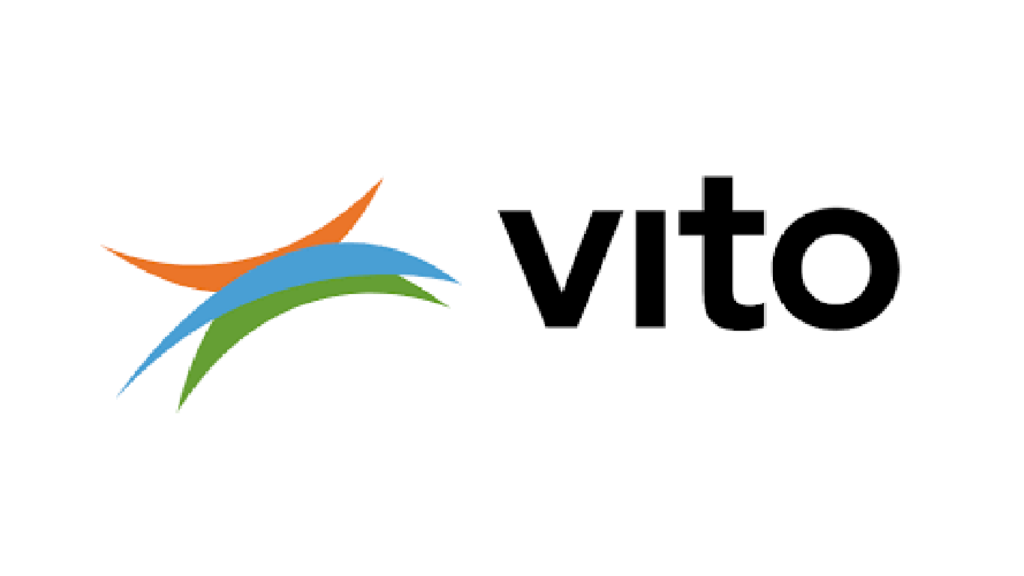
VITO NV is a scientific reference for the developments carried out in CLUED-O. As an associated partner, VITO will advise Centrale Lille, ULCO, and Materia Nova on active materials, SOFC cells, and active layer structures. VITO brings recognized expertise in the innovative design of SOCs, supported by advanced characterization techniques, and will actively participate in dissemination events to strengthen ties with the Flemish Region and its industrial network dedicated to the energy transition.
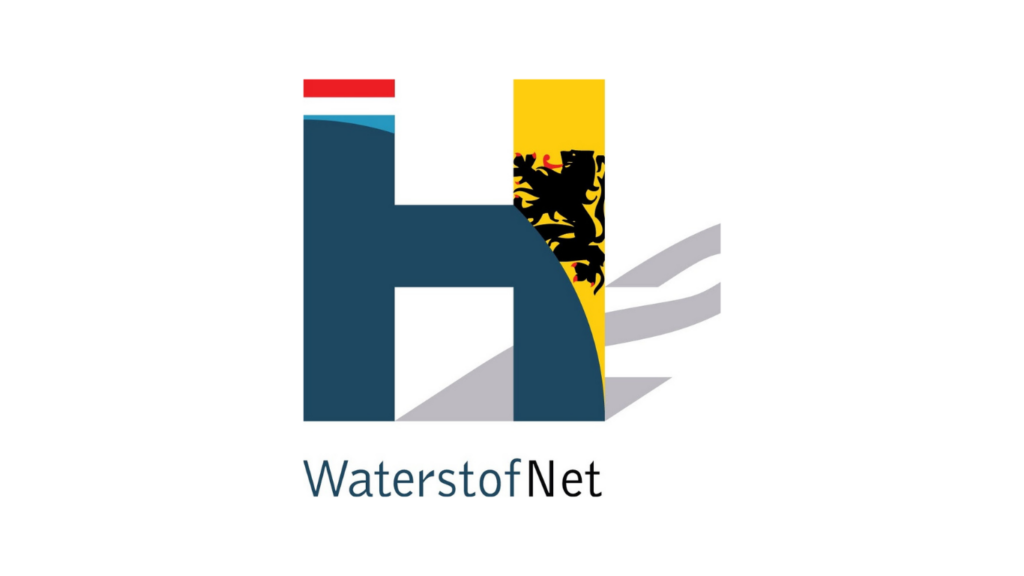
WaterstofNet, an industrial knowledge collaboration platform, supports hydrogen projects in Flanders and the Netherlands to contribute to a carbon-neutral society, in partnership with industry and governments. Its WIC cluster brings together public, private, and academic stakeholders to promote hydrogen as a sustainable solution for energy, mobility, and industry. Although not a partner in the CLUED-O project, WaterstofNet will collaborate with Ghent University to leverage the results and strengthen cross-border synergies.
Supported by
Interreg France-Wallonie-Flanders
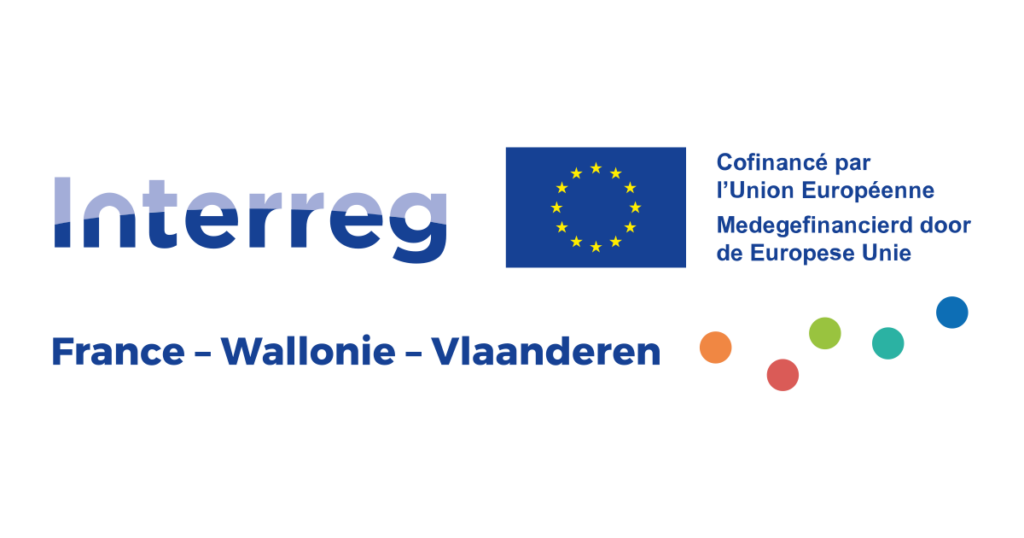
CLUED-O is supported by Interreg France-Wallonie-Flanders. The European territorial cooperation program Interreg France-Wallonie-Vlaanderen aims to foster cross-border exchanges between the Hauts-de-France and Grand Est regions, Wallonia, and East and West Flanders.
